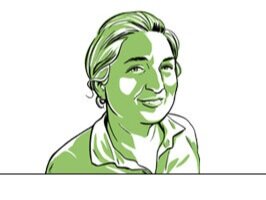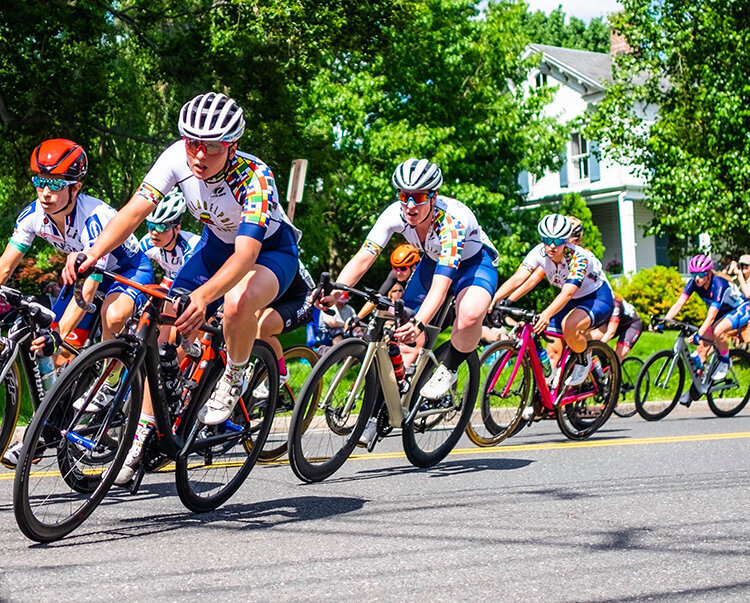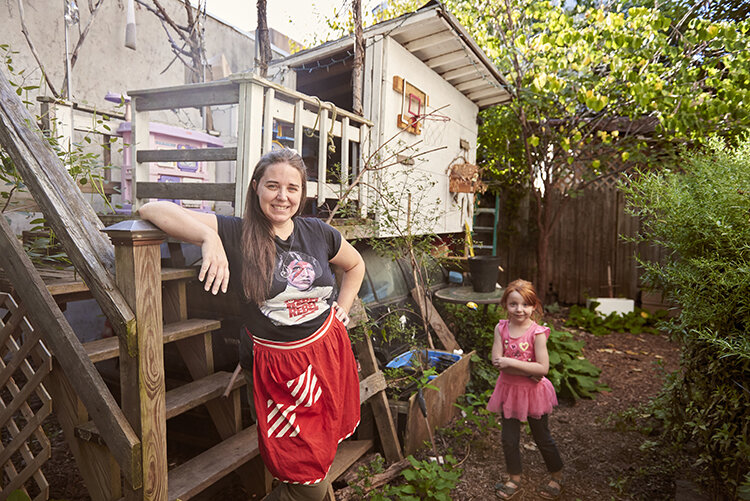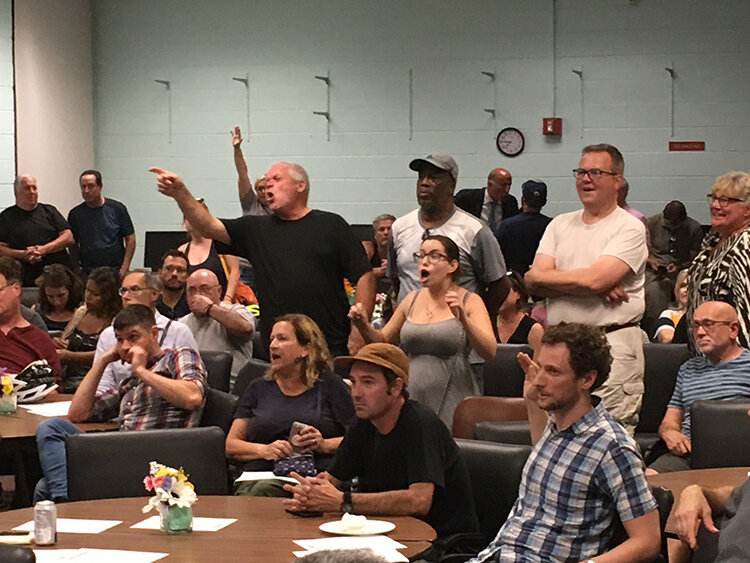It takes 5 minutes and 19 seconds for my seven-year-old son and I to bike to his school. At least that’s how long it took the other day when we timed it. I suspect it was a little faster than past rides because we rode on the street.
Last year our bike commute took place exclusively on the sidewalk. It worked, but often they were crowded with people using them for their intended purpose: walking. So we would slow down or stop, and try to avoid being a nuisance. But even that short ride, populated by understanding parents, felt like an intrusion.
The distance from home to school is about six blocks, and half of them have bike lanes. The streets have steady, if not heavy, traffic. Not everyone drives carefully.
This is where the rubber hits the road on the hierarchy of values. Are you willing to take a risk—even if it’s a small one—with your family’s safety for the sake of the public good? Can you balance the risk with the positives, that biking promotes good health, makes you more independent and does not require fossil fuels to operate?
It shouldn’t be dangerous for anyone to ride a bike in the city, but it is. So I’m trying to teach my son nuances. Bikers have every right to be on the road, but not everyone respects that right. Always follow the rules, except when you feel like you might be in danger.
But I’m going to give a bit of advice by paraphrasing Sara Hirschler, a biker and a mother, featured in our cover story: yield to everyone. In the grand scheme of things, it’s not that important to be right.
It leads to an “us vs. them” mentality, dehumanizing people who have chosen a different form of transportation than we are using (at that moment). Worse yet, it can lead to a dangerous competition, and the aggression of one bad driver is mirrored by someone trying to assert themselves on the road. When this happens, everyone—drivers, cyclists, skateboarders and pedestrians—is less safe. So friends, yield to everyone. And maybe that wisdom extends beyond the roads, too.
We have a new column in Grid authored by members of Soil Generation, a Black and Brown-led coalition of growers in Philadelphia. At their request, we are now capitalizing, Black, Brown and White when referring to race. We usually rely upon AP style guide for direction, but we’re making an exception because we believe that people should be called what they want to be called, whether it is a name, a pronoun or a label.
Also, this month is the final entry in Constance Garcia-Barrio’s column on the lives of Black women in Philadelphia since the Revolution. We didn’t do a great job within the magazine of explaining that this was a 12-part series, presented chronologically and spanning the time of Oney Judge, a woman held as a slave by George and Martha Washington, and now ending with a feature on young Black women. We will address that oversight when we imminently relaunch our website. You will be able to find them easily, and I highly recommend reading all of them.








